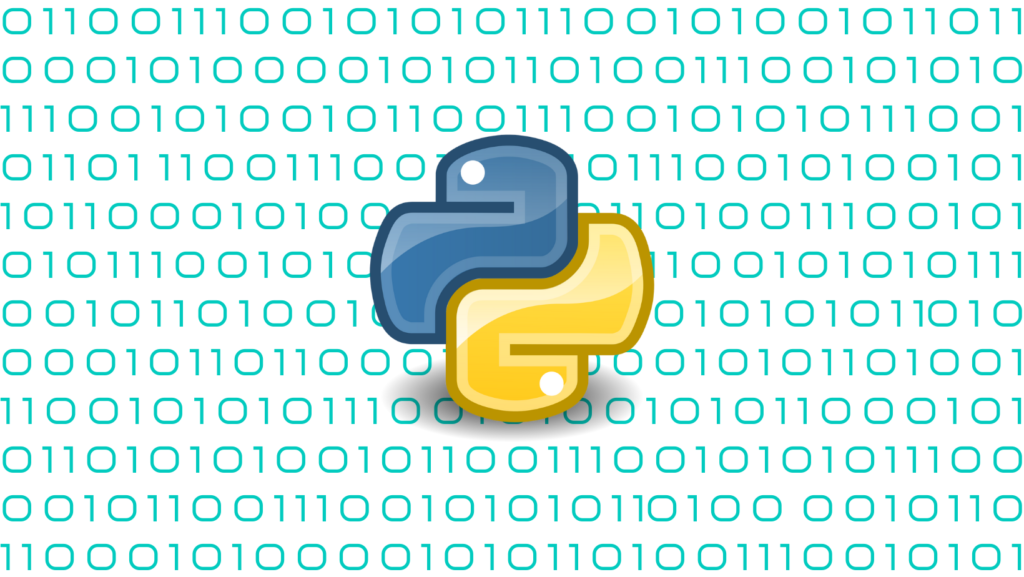When it comes to choosing a programming language to learn, Python programming consistently ranks as a top choice for both beginners and experienced developers. With its simple syntax, versatility, and powerful capabilities, Python has become one of the most popular programming languages in the world. Whether you’re interested in web development, data science, automation, or artificial intelligence, Python offers a solid foundation for building a successful career in tech.
In this article, we’ll explore the many benefits of learning Python and why it’s an excellent option for programmers of all skill levels. We’ll also discuss the best programming courses, coding tutorials, and programming resources to help you master Python and take your coding skills to the next level.

1. Easy to Learn and Beginner-Friendly
One of the primary reasons Python is so popular is its simplicity. Unlike many other programming languages, Python is designed to be readable and straightforward, which makes it an ideal language for programming for beginners. Its syntax is clean and intuitive, closely resembling plain English, which helps new coders grasp basic concepts without getting bogged down by complex rules or formatting.
Python allows you to focus on problem-solving and logic rather than spending excessive time learning the intricacies of the language itself. For anyone looking to learn to code for the first time, Python is one of the most beginner-friendly options available.
Python in Action for Beginners
For those new to coding, Python provides instant gratification. With just a few lines of code, you can create simple programs, perform calculations, or even automate tasks. This immediate feedback is crucial for keeping beginners motivated as they progress through programming courses and projects.
Additionally, Python is widely used in coding for kids platforms, helping young learners develop their coding skills through interactive tools and visual programming.
2. Versatile and Used Across Multiple Fields
Python’s versatility makes it a valuable skill across a wide range of industries and applications. It’s not limited to one specific area of development but is used in fields such as:
- Web development: Python, combined with frameworks like Django and Flask, allows developers to create robust, scalable web applications quickly and efficiently.
- Data science and machine learning: Python has become the go-to language for data analysis, machine learning, and artificial intelligence. Libraries like NumPy, pandas, TensorFlow, and PyTorch make it easy to manipulate large datasets, create predictive models, and build AI algorithms.
- Automation: Python is often used to automate repetitive tasks, saving time and improving productivity. It’s commonly used in DevOps and scripting environments.
- Game development: Python’s Pygame library allows developers to build simple games and graphical applications.
- Cybersecurity: Python’s flexibility and powerful libraries make it useful for building security tools, conducting penetration tests, and analyzing vulnerabilities.
This versatility makes Python one of the most useful programming languages to learn, especially if you’re looking to keep your career options open.
3. Strong Support from the Developer Community
Python has an enormous, active developer community that constantly contributes to its development and growth. Whether you’re a beginner or an experienced coder, you’ll find a wealth of programming resources, libraries, frameworks, and coding tutorials to help you with your learning journey. From Stack Overflow and GitHub to specialized Python forums and online communities, there’s always support available when you hit a roadblock.
This strong community also means that Python has extensive documentation and open-source projects that you can explore, contribute to, and learn from. If you’re struggling with a particular issue, chances are someone else has faced the same challenge and shared their solution.
4. Plenty of Learning Resources and Courses
Another significant advantage of learning Python is the abundance of educational materials available. There are countless programming courses tailored to Python, ranging from beginner to advanced levels. These courses are available on popular platforms like Codecademy, Udemy, Coursera, and edX, offering both free and paid options.
Many of these courses come with interactive coding exercises, quizzes, and projects to reinforce your learning. Python is also commonly taught in coding bootcamps, where students can immerse themselves in Python development and become job-ready in a matter of months.
For beginners, platforms like freeCodeCamp and Codecademy provide free, hands-on coding tutorials that walk you through the basics of Python programming. Advanced learners can dive into specialized topics such as machine learning, automation, and web development with paid courses that offer in-depth lessons.
5. Great for Web Development
If you’re interested in web development, Python is an excellent choice for building web applications. The Django and Flask frameworks make web development fast, scalable, and secure. Django, in particular, is a high-level web framework that simplifies the process of building complex applications by providing ready-to-use components, such as authentication and database management.
Many developers use Python in conjunction with JavaScript programming for front-end and back-end development, making it a powerful tool for full-stack web development. Combining Python’s simplicity with JavaScript’s interactivity creates seamless and dynamic web experiences.
6. Highly In-Demand in the Job Market
Python’s widespread use across industries has led to a surge in demand for Python developers. From startups to tech giants, companies are constantly seeking skilled Python developers to fill roles in web development, data analysis, machine learning, and software engineering. According to recent job market analyses, Python is one of the highest-paying programming languages, with competitive salaries across various sectors.
Obtaining a programming certification in Python or completing a coding bootcamp that focuses on Python can significantly boost your chances of landing a job in the tech industry. Many employers value certification as a demonstration of your expertise and dedication to learning.
7. Simple Transition to Advanced Programming
After mastering the basics of Python, transitioning to more advanced programming concepts is straightforward. Python’s flexibility allows you to scale your projects, work on more complex tasks, and collaborate with teams on large-scale systems. Whether you’re interested in creating advanced algorithms, optimizing performance, or exploring AI development, Python can handle it all.
As you advance, you can explore Python’s ecosystem of powerful libraries and frameworks, making it easier to tackle specialized fields like natural language processing (NLP), computer vision, and big data.

Conclusion
Learning Python is one of the smartest decisions you can make as a programmer, whether you’re just starting or looking to expand your skills. Its ease of use, versatility, and wide range of applications make it a top choice for developers across various industries. From web development and machine learning to automation and game development, Python’s capabilities are virtually limitless.
With an abundance of programming courses, online coding resources, and strong community support, Python provides a clear path for anyone looking to succeed in tech. Whether you’re coding from scratch or leveling up to more advanced topics, Python remains one of the most reliable and rewarding programming languages to master.



